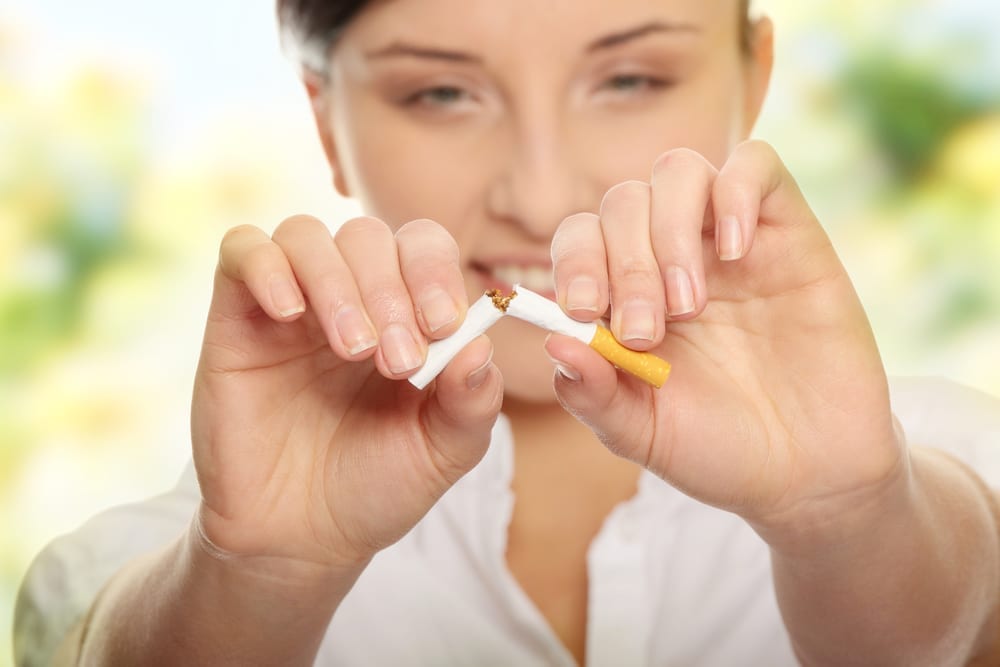The current ways in which we live our lives are unprecedented. Thanks to the coronavirus pandemic, the majority of us are staying at home and practicing social distancing. Naturally, the more time we spend at home, the more we are around our family members. For individuals who have cigarette smoking habits, this presents an increased danger to everyone in their households.
You’re quite likely to be well aware of the hazards of cigarette smoke.
Surely, you don’t need to be reminded of its penchant to cause lung cancer. For smokers, engaging in the habit outdoors is an integral way to keep their family members free from harm. However, not everyone smokes outside. And because so many people are cooped up indoors, these days, they stand the chance of suffering the ill effects of secondhand smoke.
Secondhand smoke is as hazardous to the health of a non-smoker as firsthand smoke is to a smoker. As Statistics Canada explains, secondhand smoke is a combination of smoke exhaled by smokers and the smoke that is released into the air from burning cigarettes, pipes and cigars. Exposure to such smoke can result in a long list of fatal diseases. They include lung cancer, heart disease, asthma, bronchitis, middle-ear infections and pneumonia.
Radon exacerbates the health issues of smokers.
Radon is a colourless, odourless and tasteless gas that is created from the decay of uranium in minerals present in rock, soil and water. Radon doesn’t present much of a health risk when it is outdoors. However, when the radioactive gas seeps into our homes through cracks in the foundations, it can become concentrated – and very dangerous. When inhaled, radon can damage delicate tissues and increase the risk of lung cancer.
Cigarette smokers are highly susceptible to the harmful effects of radon. In fact, according to Lung Cancer Canada, the gas is the second leading cause of lung cancer in smokers. Non-smokers aren’t safe either. Radon is the number one cause of lung cancer in non-smokers. And non-smokers who regularly encounter secondhand smoke are even more at risk.
Cigarette smokers are advised to take extreme precautions.
On Canada.ca, it is revealed that “people who smoke and are exposed to elevated levels of radon have a significantly increased risk of developing lung cancer.” The site also notes that “radon exposure is linked to approximately 16% of lung cancer deaths in Canada.” Evidently, minimizing radon exposure is practically mandatory for smokers.
Canada.ca also explains that the risk from radon exposure is long term and depends on the level of radon, the length of the exposure and one’s smoking habits. Lung Cancer Canada reports that approximately 3,200 Canadians die annually from radon exposure. Clearly, it can be argued that there has never been a better time to quit smoking. You can also argue that there’s never been a better time to test your home for radon.
At Enviro-Works Inc., we offer both long-term and short-term Radon Testing using the E-Perm Electret System and a C-NRPP Certified Radon Lab. For more information, please don’t hesitate to call us at 780-457-4652 or email us at info@enviro-works.com.
